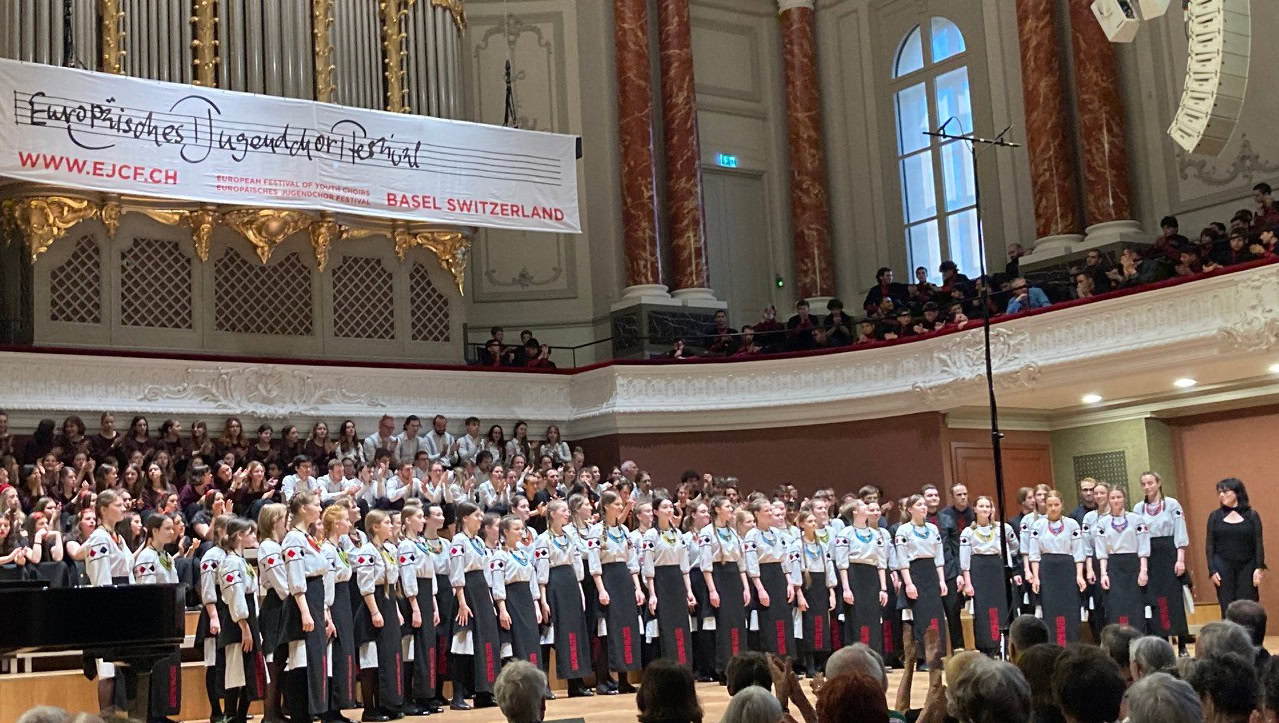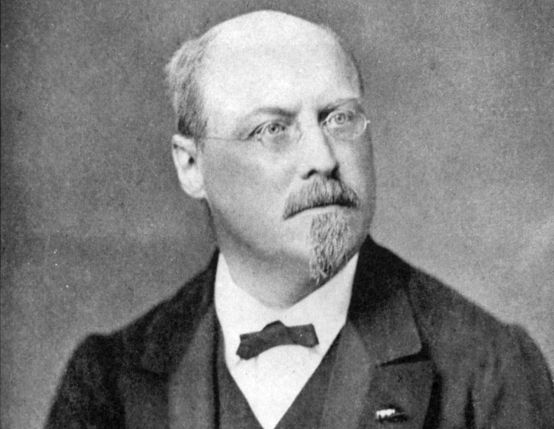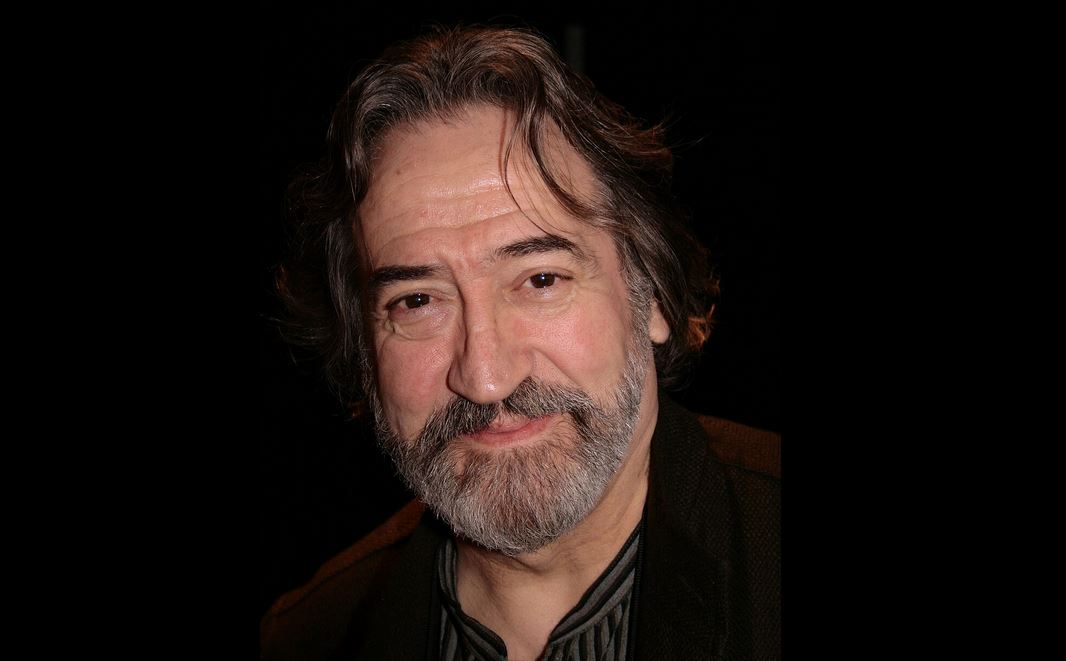Experienced a lot at 13 youth choir festivals
Since 1992, Arvo Ratavaara and his wife have looked after and hosted youth choirs from Estonia to Ukraine in Basel. He remembers impressive encounters and touching voices, police escorts and improvised fast food and, in particular, young people singing their hearts out.

Born in 1952 near Helsinki, Finland, Arvo Ratavaara lost his war-ravaged, invalid father when he was three years old. He grew up in humble circumstances with his mother, who had to flee the war. As a teenager, he was a language trainee in Germany. After finishing school and military service, he completed vocational training in psychiatric nursing in Switzerland and then trained as a nursing teacher. After retiring, Ratavaara cared for elderly people, mostly suffering from dementia, on night duty. He is married to a Swiss woman. Their son lives with his wife and children in the Basel area and their daughter has lived in Finland for many years.
He is fascinated by the Russian language and has traveled extensively to Russia and Ukraine. Russia's war of aggression against Ukraine came as a shock to him. His language skills allow him to follow current events in greater depth from sources in both countries.
With the European Youth Choir Festival (EJCF) Arvo Ratavaara, a "musical layman", as he admits, first came into contact with the festival in 1992, the year it was founded. Together with his wife, he accepted the invitation to host choir members as guest parents. The first guests were two singers from the Ellerhein Girls' Choir from the Estonian capital Tallinn, which lies opposite Helsinki on the Gulf of Finland. A year before the festival, Estonia had gained independence from Soviet rule. The host parents learned that young people from this choir had been actively involved in the resistance against the Soviet tanks.
In moving words, Arvo talks about his exciting and thrilling experiences with the young singers. He confesses that they opened up "a new world" for him.
Arvo, what memories do you have of your first encounter with the Ellerhein Girls' Choir?
We met the girls with other host parents on Münsterplatz for the reception. The first question was: In which language can we talk to them? Our little daughter answered spontaneously: "Mi Papi ka finnish and they speak finnish; so no problem!"
The Martve boys' choir from Tbilisi was also a special experience: I had never heard this kind of voice in my life. I was in a daze during their performance. In my mind's eye, I saw mountain landscapes with grazing horses. I had the pleasure of accompanying the boys' choir on their second visit to the festival in 2010.
In 1995, the Finnish girls' choir Kiimingin Kiurut was a guest choir. What was your experience of the choir from your home country?
Yes, these were more familiar sounds for me, but also completely new ones. On the front of the Basler Zeitung an article appeared with a colorful picture that aptly described the singing of the girls' choir as "filigree". I got the BaZ-I was able to hand out 40 free copies to the choir members as souvenirs. During an excursion to Augusta Raurica, the choir was shown objects from Roman times for a song they sang. I also organized a tour of the Alps, which the young singers really enjoyed.
In 1998, the girls' chamber choir Carmina Slovenica under the direction of Karmina Šilec. A very moving performance in terms of its vocal discipline.
The girls sang and moved slowly towards the audience, reaching out their hands to the listeners. Handkerchiefs were brought out and you could hear sobs here and there. After the concert, an old man came up to me and told me how the singing had touched him deeply and how the experience was unique in his life.
In 2001 and 2014, two youth choirs from Minsk in Belarus came to Basel: the boys' choir Kapella Khloptchikau and the student choir of the Belarus Music Academy.
The boys' choir arrived late by bus in 2001. The canteen was closed. Where to go? It worked out at McDonald's. They were ready to feed 40 people within a short space of time. The chaperone told the tired and somewhat wild boys: "At McDonald's you have to behave like in church!"
There was also a special encounter with the police. I lost my bearings on the drive into the city center. The Belarusian drivers didn't know where to go next either. I saw a police car in front of us at Barfi. With the slogan "The police, your friend and helper" in my head, I got out and asked the police officers if they could help us. They said "Follow us", switched on the blue lights and escorted us to our destination. When the policeman came to us afterwards, the chauffeurs feared the worst. They were amazed at the assistance of the Basel police. The drivers responded: "They were cool guys!"
I stayed in contact with one singer after the festival and supported him financially for his entrance exam to study music in Germany. More than 20 years later, I received a call from him. He still lives and works in Germany and has a family with three children.
There was a moving moment at the student choir in 2014. Choirmaster Inessa Bodyako had her young son and baby with her. Conducting and childcare did not go well together. So the festival management volunteered a babysitter. An example of how far-reaching the comprehensive care of this youth choir festival is!
In 2004, Moldova was a guest with the Gloria youth choir.
There was an almost dramatic interlude with a girl who had been taken into police custody for suspected shoplifting. The police officers couldn't communicate with her in any language. But they found a piece of paper with the telephone numbers of us choir leaders on it. So I translated at the police station and the singer was released on bail. She was heartbroken and couldn't stop crying. She was terrified of the choir management's reaction. Together with the EJCF office manager, we decided that no one would find out about the incident. After the incident, the girl was afraid of her solo performance in the final concert. The choir sang a beautiful, melancholy lament. The girl's voice in the solo part sounded touching, perhaps especially for me because I knew what she had been through.
A story about the Moscow children's choir Vesna from 2016?
There was a scary encounter on a crowded streetcar. I bumped into a man with black hair, black eyes and a black beard and apologized to him. He stared at me aggressively for the whole journey. I was talking to the Russian singers and whenever I looked at him, I saw his fierce look. I thought he felt his honor had been violated and feared trouble. Suddenly he said to me in Russian: "You speak Russian well". In response to my question, he replied in monosyllables that he came from the Caucasus. After this compliment, he got out. I was amazed and relieved.
Two years later, we hosted another Russian choir from Ekaterinburg, this time the boys' and men's choir of the Sverdlovsk Children's Philharmonic Orchestra. What was the most formative encounter?
Together with the Graubünden choir Incantanti, the choir sang a Russian Orthodox song in honor of the Mother of God. The intensity was impressive.
Another time, the abbot of Mariastein Abbey led the Russian choir into the chapel in the rock cave. With his permission, they sang their Marian hymn there. It was very atmospheric. The visitors present were surprised, the song seemed to touch them in their devout mood.
In 2021, two Swiss youth choirs from Uster and Thalwil performed at the EJCF. Why no foreign choirs?
That was in the Corona year with corresponding travel restrictions. Singing was only possible after daily self-tests and with a mask. But the young people overcame the circumstances with flying colors. They rehearsed songs with the guest conductor Sanna Valvanne from Finland, which was also a wonderful experience for me.
Your last year as a choir tutor in 2023 with the Girls' choir Shchedryk from Kyiv must have been oppressive?
The war was repressed as a topic and gave way to the unbridled joy of singing and performing. The girls celebrated singing together with other choirs in liberating peacefulness. In Rheinfelden, they marveled at the beautiful houses in the old town. There were, however, a few moments of sadness. In the morning, the girls saw on their apps that Kyiv had been bombed. The most intense moment was when two singers received the news that a relative or acquaintance had died in the war. Despite everything, they sang again at the top of their voices.
One impressive moment was after a concert in Arlesheim Cathedral. By chance, I heard a boy in the cellar, which served as a dressing room for the Finnish chamber choir of the Vaskivuori grammar school, sing a song. Finlandia by Sibelius. Others gradually began to sing along until the whole choir joined in. The singing rose ever more powerfully from the heavy, old vaults up into the open air.
Sibelius composed the anthem during the period of Russian oppression. It became a symbol of Finland's desire for freedom. The lyrics were later written during the Second World War, when Finland defended its independence in the Winter War and Continuation War against the Soviet Union.
The next day, the Ukrainian and Finnish choirs were in the Unimensa. After the meal, someone from the Finnish choir asked me to join them with the Ukrainian choir. The singers lined up in a circle around us and intoned Finlandia.
Sentimental patriotism is far from my mind. But this experience left me shaken. I realized that I was in charge of a choir of young people who had just experienced something similar at home, of which the Finlandia-The story of how I came to be here and that this also has to do with the history of my origins.
Why stop now?
I thought about whether I would manage to stop at all. But I have to be economical with my energy. The "private concert" in the Unimensa was a fitting end to my work as a choir tutor. Much more happened between the first and last festival than I can tell you here. It was an eventful time. It was wonderful to be part of this great festival. There were many interesting encounters and lots of music. There was a good and optimistic atmosphere in the festival organization. I particularly appreciate Kathrin Renggli as head of the festival with the great organization and complex logistics, but above all as a person with her warm and motivating nature.
With all these memories, it's nice to now "retire". At the last meeting in the Unimensa, I said goodbye to "my" Ukrainian choir with a few words of encouragement. The choir director Marianna Sablina welcomed me to Ukraine. "After the war then," she added hopefully.
Arvo, thank you very much for the profound conversation!








